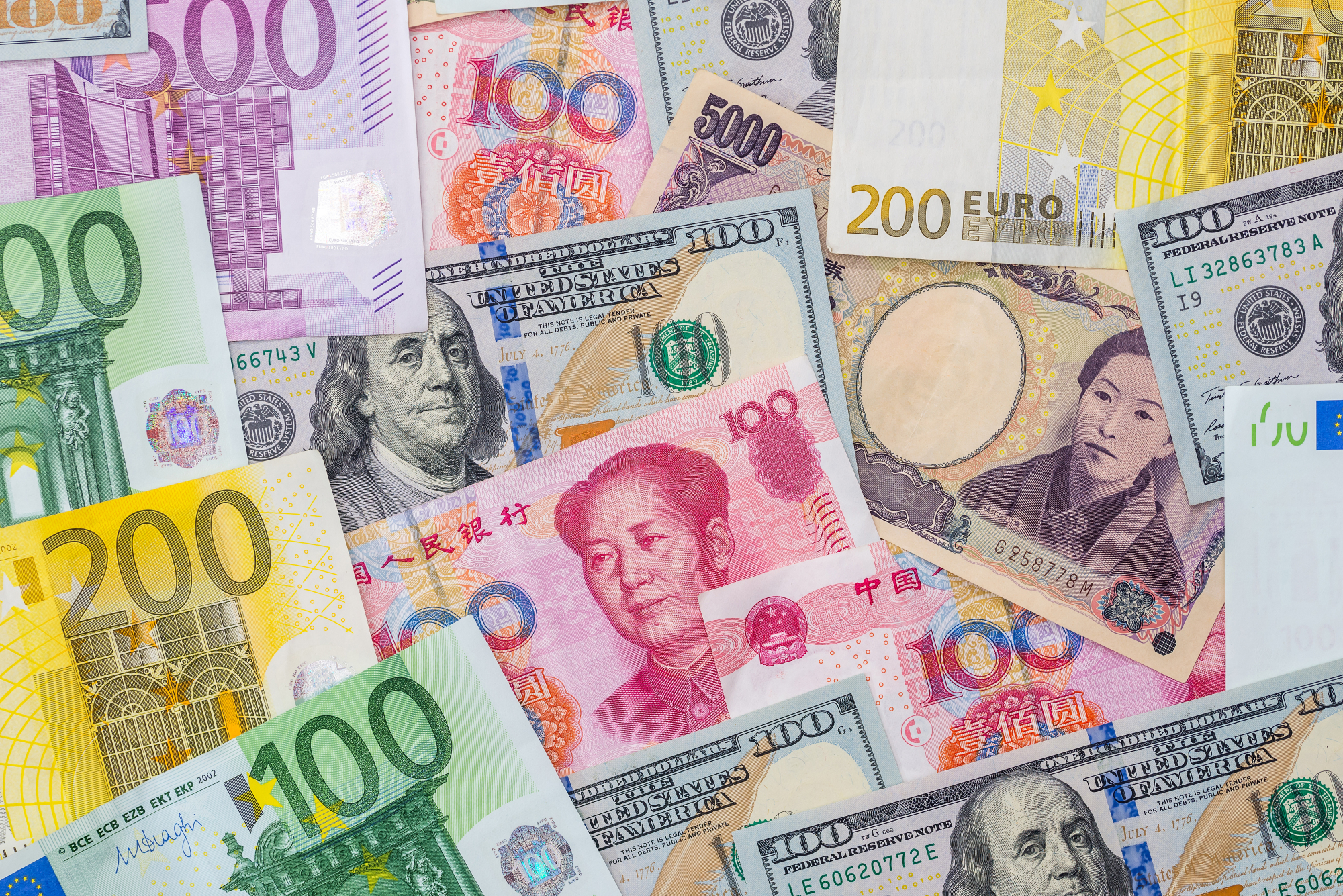Nearly 30 years ago I published a book titled "Managing the Dollar: From the Plaza to the Louvre" (Peterson Institute for International Economics, 1989).
In the 1980s, during the Reagan administration, trade friction between the United States and Japan extended to every possible area: electronics, automobiles, machine tools, precision machinery, construction equipment, semiconductors, communication equipment, supercomputers, tobacco and rice. In the U.S., this led to a rising flood of calls for regulations on Japanese imports.
Left unaddressed, the trade imbalance would have prompted a greater eruption of protectionist appeals in the U.S., threatening the system of free trade. U.S. Treasury Secretary James Baker possessed both the historical perspective to recognize that "the isolationism and protectionism of that era [during the aftermath of World War I] in part helped caused the Great Depression," and a determination to avoid repeating that folly.



















With your current subscription plan you can comment on stories. However, before writing your first comment, please create a display name in the Profile section of your subscriber account page.